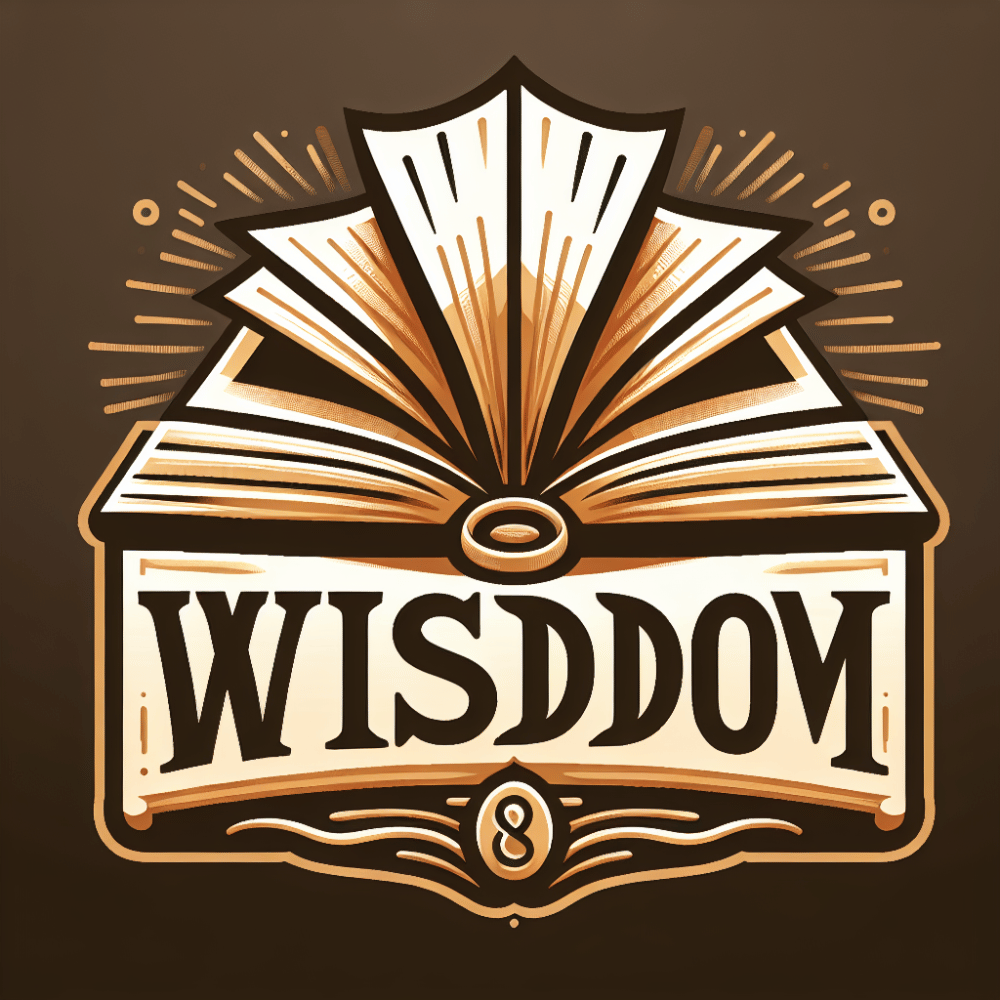
In recent years, there’s been a noticeable shift towards integrating ancient wisdom into modern wellness practices. This fusion of traditional knowledge with contemporary approaches is reshaping how we understand health and well-being. But why is this revival of ancient practices so relevant today? Let’s explore how timeless traditions are being seamlessly woven into our modern wellness routines and the benefits of this harmonious blend.
Understanding Ancient Wellness Traditions
Ancient wellness traditions encompass a broad range of practices and philosophies from various cultures around the world. These practices, which have stood the test of time, include Ayurveda from India, Traditional Chinese Medicine (TCM), and Indigenous healing practices. Each of these traditions offers unique insights into health and wellness, often focusing on a holistic approach that considers the mind, body, and spirit.
- Ayurveda: Originating in India, Ayurveda is a system of medicine that emphasizes balance and harmony within the body. It uses natural remedies, dietary guidelines, and lifestyle practices to maintain health and prevent disease.
- Traditional Chinese Medicine (TCM): TCM is based on the concept of Qi (pronounced “chee”), the vital life force that flows through the body. It includes practices such as acupuncture, herbal medicine, and Tai Chi to balance the body’s energy and promote healing.
- Indigenous Healing Practices: Many Indigenous cultures have their own unique approaches to wellness, often incorporating rituals, ceremonies, and herbal remedies that reflect a deep connection to nature and spirituality.
The Integration of Ancient Wisdom into Modern Practices
The revival of ancient wisdom is not about abandoning modern science or technology but rather complementing it with time-tested traditions. Here’s how ancient practices are being integrated into contemporary wellness:
- Holistic Health Approaches: Modern wellness practices are increasingly adopting a holistic approach, much like ancient traditions. This involves looking at health from a multidimensional perspective, considering physical, emotional, and spiritual aspects. Practices such as mindfulness meditation, yoga, and holistic nutrition draw on ancient wisdom and are now widely accepted in contemporary wellness.
- Diet and Nutrition: Traditional dietary practices are making a comeback, with ancient foods and cooking methods gaining popularity. For example, the use of herbs and spices like turmeric and ginger, which have been used in Ayurveda and TCM for centuries, is now recognized for their anti-inflammatory and antioxidant properties. Modern nutritionists are increasingly incorporating these ingredients into their dietary recommendations.
- Stress Management: Ancient stress management techniques, such as meditation and Tai Chi, are being integrated into modern wellness programs. These practices help individuals manage stress and improve mental well-being, aligning with contemporary understanding of the mind-body connection.
- Natural Remedies: Herbal medicine, a staple in many ancient wellness traditions, is seeing a resurgence. Modern research supports the efficacy of various herbs used in traditional medicine, leading to a growing interest in natural remedies and supplements that complement pharmaceutical treatments.
- Spiritual Practices: Ancient spiritual practices, such as rituals and ceremonies, are being incorporated into modern wellness routines. Practices like journaling, gratitude exercises, and intention setting are inspired by ancient traditions and are used to enhance mental and emotional health.
Benefits of Integrating Ancient Wisdom
The integration of ancient wisdom into contemporary wellness practices offers numerous benefits:
- Holistic Health: Ancient practices often emphasize the interconnectedness of mind, body, and spirit, leading to a more comprehensive approach to health.
- Personalization: Many ancient wellness traditions focus on personalized care, tailoring practices and remedies to individual needs and conditions.
- Natural Solutions: By incorporating natural remedies and lifestyle practices, individuals can often achieve better health outcomes with fewer side effects.
- Sustainability: Traditional practices often emphasize living in harmony with nature, which can lead to more sustainable and eco-friendly wellness solutions.
How to Incorporate Ancient Wisdom into Your Wellness Routine
If you’re interested in integrating ancient wisdom into your modern wellness routine, consider the following tips:
- Educate Yourself: Learn about different ancient wellness traditions and their practices. Books, online resources, and workshops can provide valuable insights.
- Start Small: Begin by incorporating small changes, such as adding herbs and spices to your diet or practicing mindfulness meditation.
- Consult Experts: Seek guidance from practitioners who specialize in ancient wellness traditions. They can provide personalized recommendations and ensure you’re using these practices safely and effectively.
- Stay Open-Minded: Be open to exploring new practices and blending them with your existing wellness routines. The goal is to find a balance that works for you.
Conclusion
The revival of ancient wisdom in contemporary wellness practices is a testament to the enduring relevance of traditional knowledge. By integrating these timeless traditions into our modern routines, we can enhance our health, achieve a deeper sense of well-being, and live more harmoniously with ourselves and the world around us. As we continue to explore this integration, we not only honor the wisdom of the past but also enrich our present and future.

